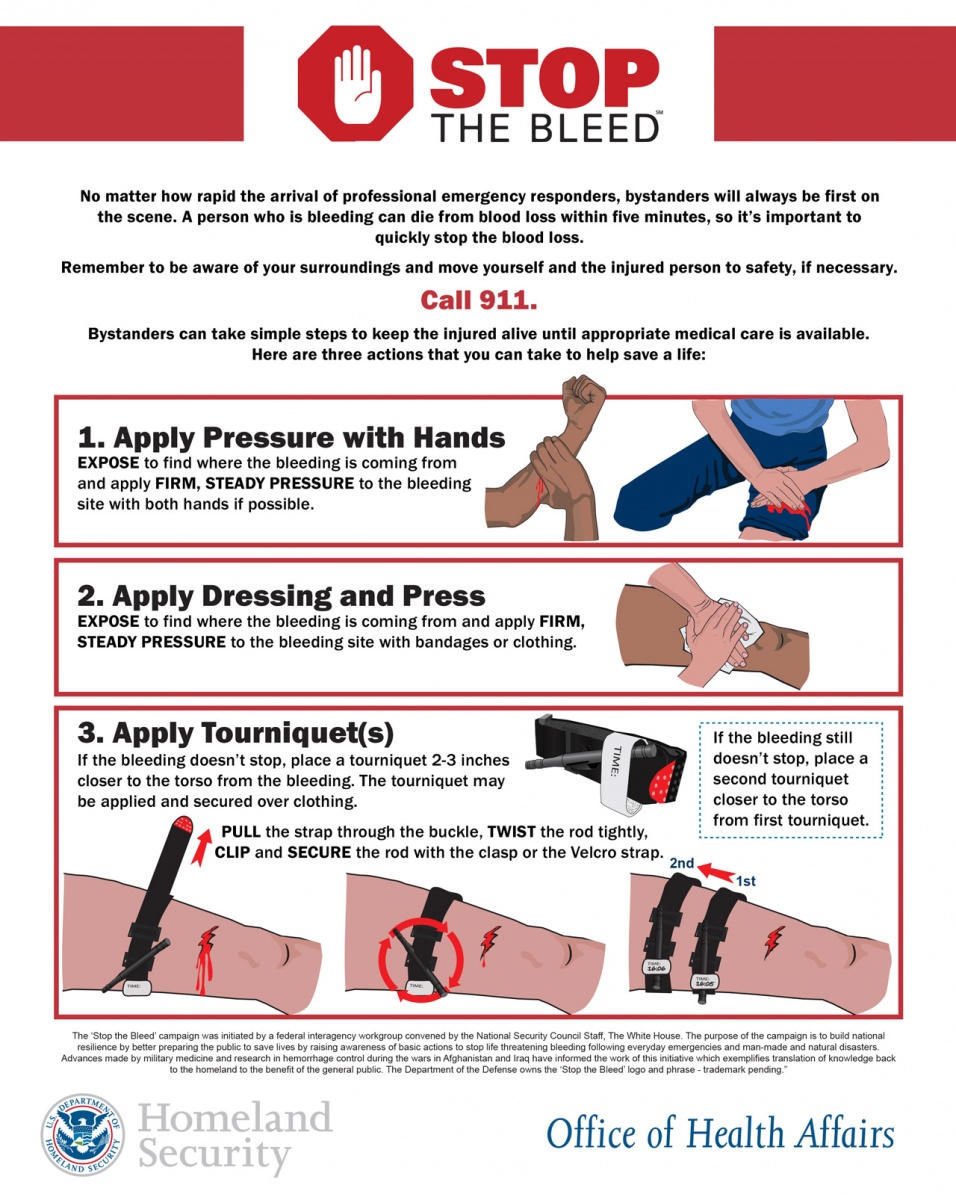
The decision to start a blood thinner should only be made after you have a conversation with your doctor. But with decisions like this, you need to understand your level of risk and the doctor needs to document that risk. So, in most cases, I think it’s important for those patients to be on a blood thinner. “In my experience, patients fear a stroke more than a fall or a bleed.

In patients with atrial fibrillation, for example, anticoagulation can significantly lower the risk of having a stroke. We’re more concerned with weighing the risk of bleeding and the risk of falling against the risk of not being anticoagulated.” Based on what we know, your risk is your risk whether you’re on warfarin or a direct oral anticoagulant (DOAC). Beizer, “the anticoagulant itself doesn’t affect your risk of falling. People on diabetes medications can also be at risk for falls if their blood sugar is either too tightly controlled or too low.ĭoes the type of anticoagulant matter when it comes to fall risk? According to Dr.

Healthcare providers also cite fall risk as the most common reason for not prescribing anticoagulation.

The fear of falling-and subsequently bleeding from a fall-is a major reason why some patients hesitate to take blood thinners. Anticoagulants, also known as blood thinners, are effective in treating and preventing blood clots, but they increase the risk of bleeding.


 0 kommentar(er)
0 kommentar(er)
